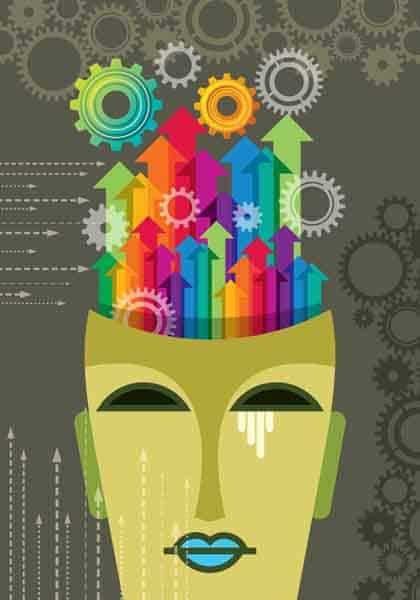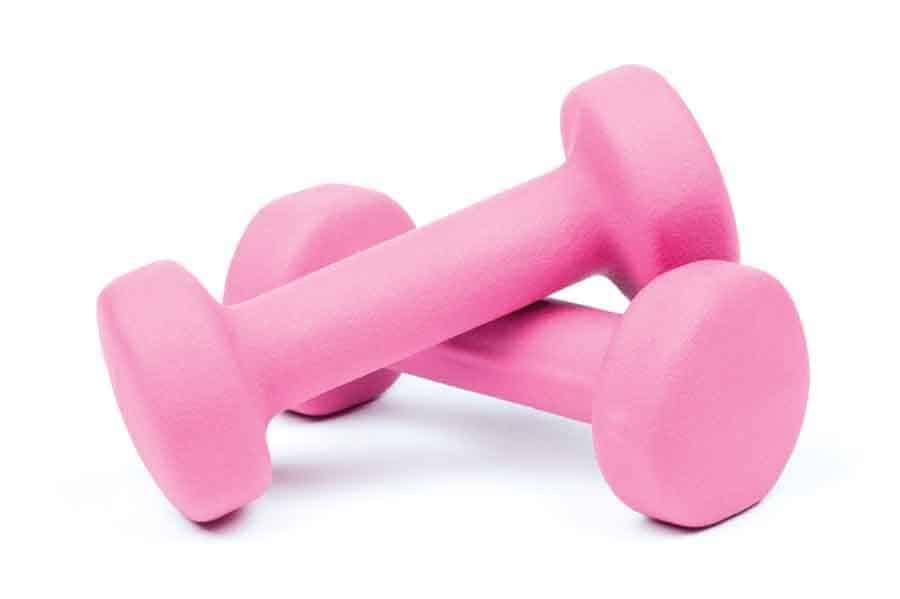 And more sleep research news
And more sleep research news
A recent study with fruit flies reveals a gene that might be a target for sleep-related research in humans.
Researchers at Philadelphia’s Thomas Jefferson University took 3,000 fruit flies, introduced random mutations in their genes and then monitored how well they slept, an article in Time magazine reports. Male fruit flies typically need 12 hours of sleep a day, while females need 10.
Scientists discovered that flies with an abnormal form of the gene taranis got only about 25% of the sleep needed. When they removed the gene, the flies almost never slept.
Taranis has a related gene in mammals that may work similarly, the article notes. “We don’t know yet whether these genes have a role in sleep in mammals or humans, but our hope is that somehow these genes we find in flies may have similar roles in people,” lead researcher Kyunghee Koh says.
Sleep assists recall after traumatic brain injury

The study, led by Rebecca Spencer at the University of Massachusetts Amherst, found that those with a TBI have less light, or Stage 1, sleep and more slow wave sleep, according to a university press release. Memories are consolidated into long-term storage during deep, slow wave sleep.
In the study, participants who had sustained a mild TBI more than a year earlier had better recall in a word memorization task after they had slept than when tested after an equal period awake. Recall was better after sleep for those tested without a TBI, as well.
Insomnia? Try talking it out
Good news for those in the early stages of insomnia—it appears an hour of therapy may be all that’s needed to get sleep habits back on track.
A study from Northumbria University in Newcastle upon Tyne, England, asked a group of people who had dealt with insomnia for less than three months (acute but not chronic insomnia) to participate in one 60-minute cognitive behavioral therapy session, according to a press release from the university.
The result? Within a month, 60% reported improved sleep quality. Three months after the session, 73% were resting easier. The study results were published in the journal Sleep.
The therapy session included information about sleep, such as sleep needs at different times of life, and encouraged participants to get into bed only when ready for sleep. Based on the subjects’ sleep diaries, each was prescribed a time to go to bed and a time to wake up to improve sleep efficiency.
Participants also were given a pamphlet on how to recognize and act on the symptoms of insomnia.
Midlife satisfaction means easier sleep

Ohio Northern University researcher Hayley O’Hara analyzed survey data from 3,950 adults who took part in the Midlife in the United States II study. In the study, participants were rated as having low, medium and high levels of satisfaction based on a six-item life satisfaction survey, according to an article in Medscape Medical News.
O’Hara found that those with higher life satisfaction reported shorter sleep-onset latency.
“Sleep-onset delay among those with low life satisfaction could be the result of worry and anxiety,” she says.
Which types of exercise help you sleep?

Researchers at the Perelman School of Medicine at the University of Pennsylvania found that those who chose aerobics/calisthenics, biking, gardening, golf, running, weightlifting, yoga and Pilates had the healthiest sleep habits, the article notes.
People who walked for exercise also had healthy sleep habits, the study found. Only childcare and housework correlated with poorer sleep. But compared with those who did not work out in the previous month, all activities improved sleep quality.




